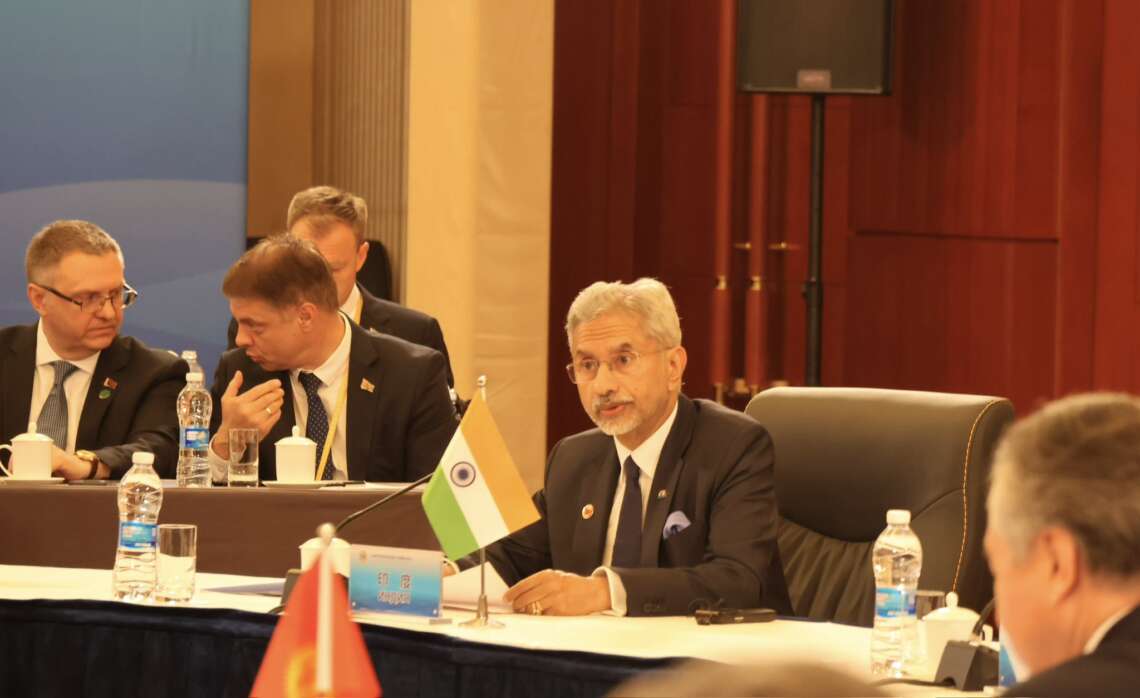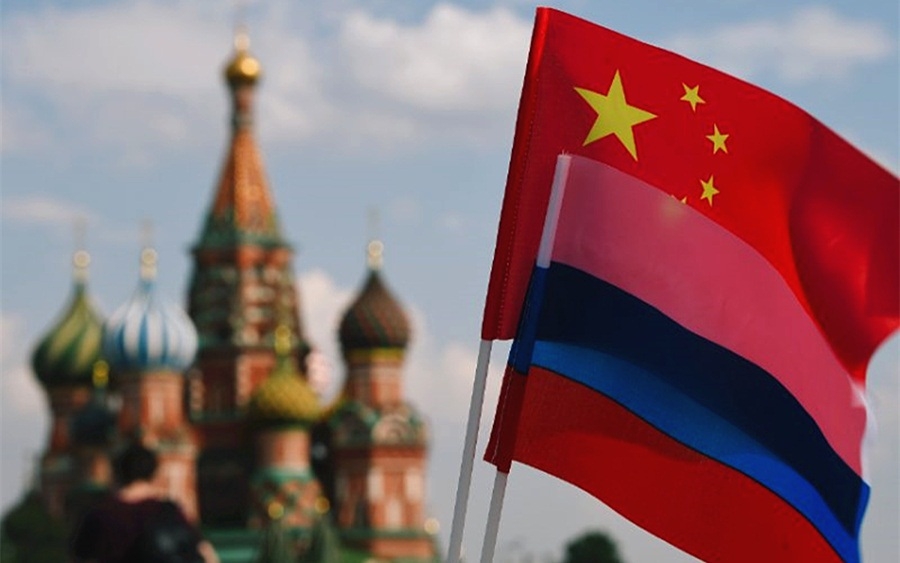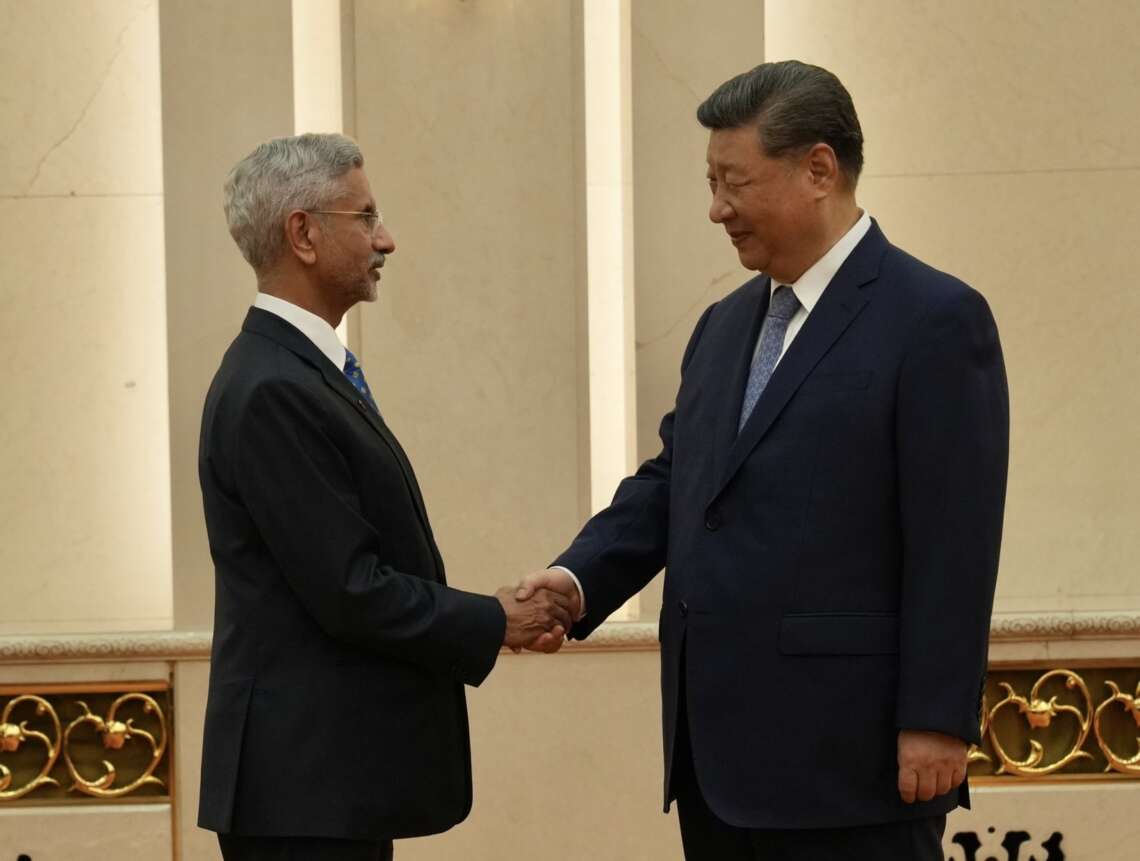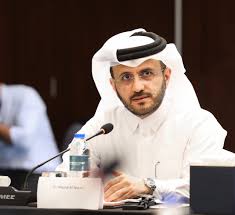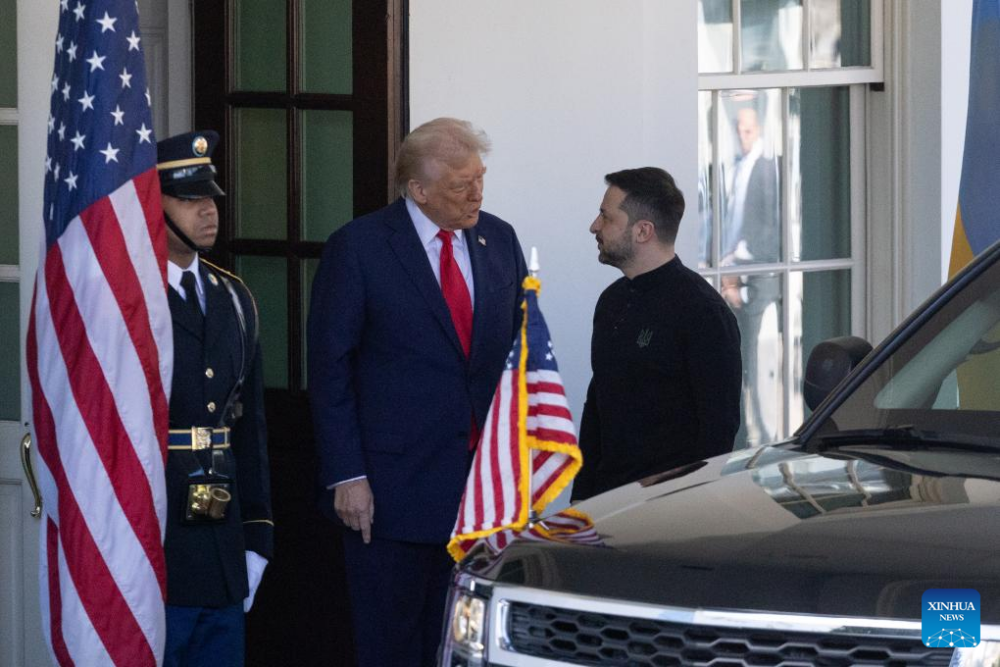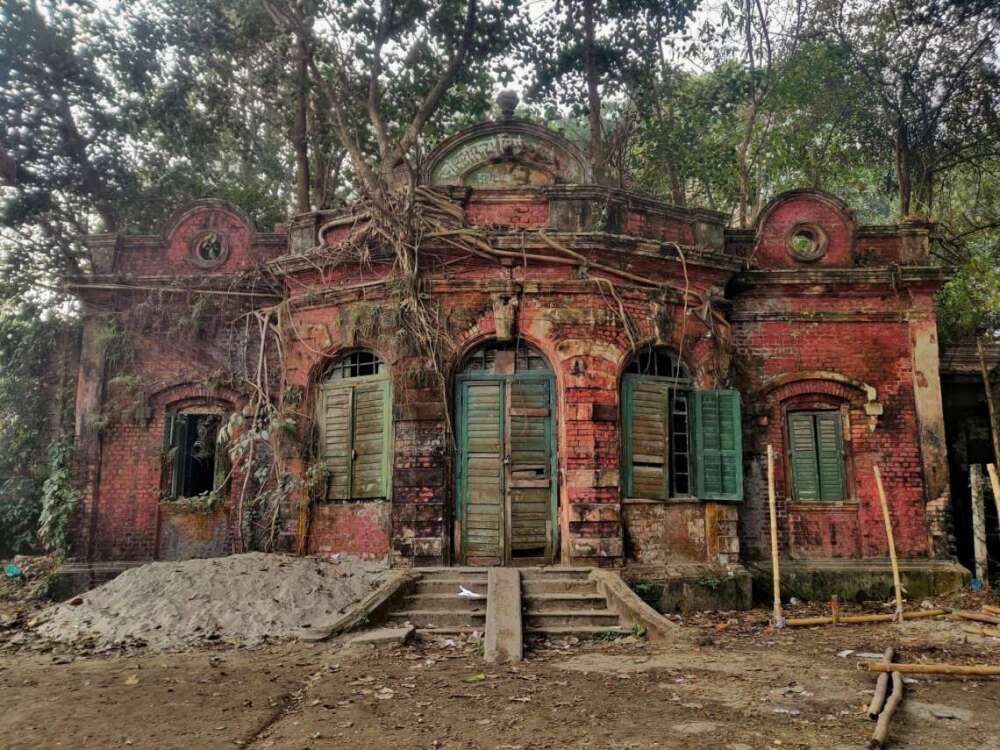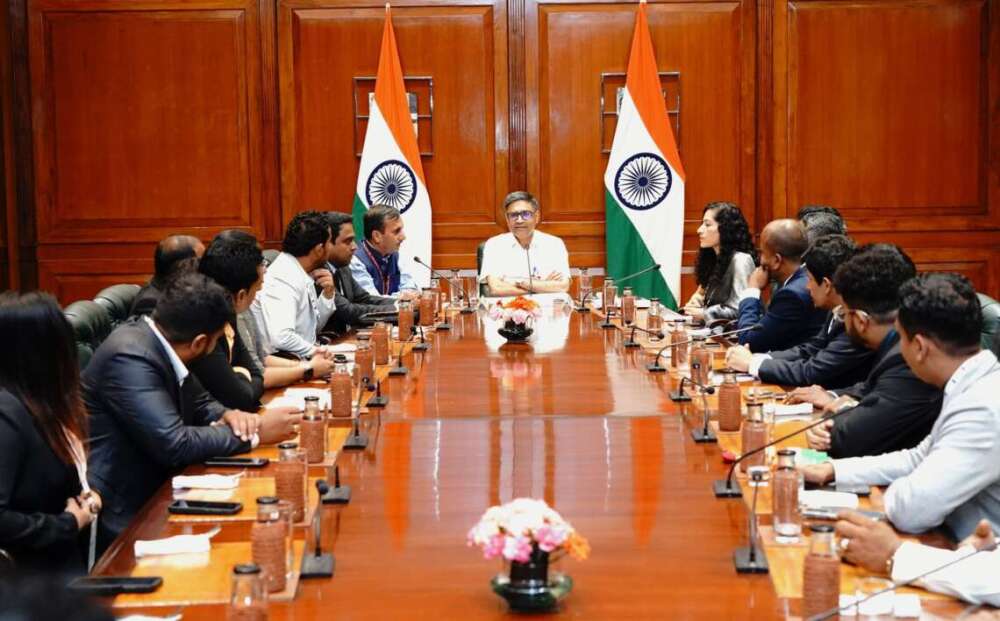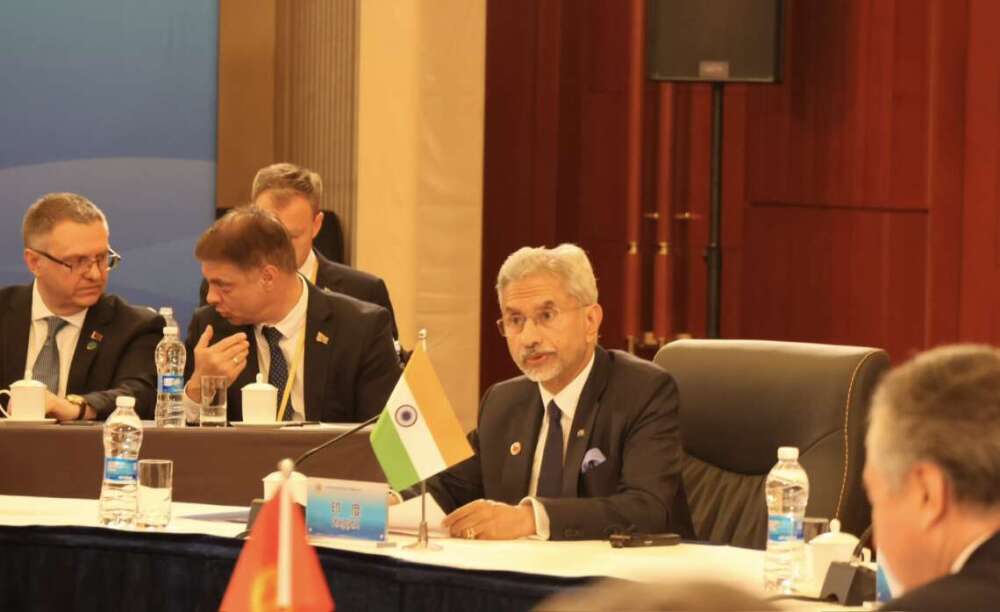It should be noted that the upcoming trilateral consultation would be the second round of meetings as the first meeting was held in Beijing in June last year….reports Hamza Ameer
Pakistan, Iran, and China will soon hold a trilateral meeting on counter-terrorism and security, a decision experts see as a representation of Beijing’s increasing and further strengthening influence and role in bridging gaps between regional neighbours on important challenges and issues.
It should be noted that the upcoming trilateral consultation would be the second round of meetings as the first meeting was held in Beijing in June last year.
The main focus of the Trilateral Consultation is to find cooperating grounds, strategies and efforts to fight terrorism and groups that have been targeting the Belt and Road Initiative (BRI).
“The trilateral consultation meeting would review the current security situation and activities of terrorism groups threatening regional stability,” said a diplomatic source.
“China has keen interest in Pakistan and Iran dealing this threat together as their shared border is home to some groups targeting Chinese interests,” the source added.
China has been seriously concerned and worried over the ongoing attacks on its nationals in Pakistan, which saw a significant surge in the recent past with two major attacks in Besham and Karachi.
Sources say that the attack on the van carrying Chinese engineers in Besham, which resulted in the killing of at least five of Beijing’s engineers, followed by a suicide attack on the vehicle carrying Japanese nationals in Karachi’s Landhi area, has rung serious alarm bells in Beijing.
Beijing has called on both Iran and Pakistan to act against groups including the Baloch Liberation Army (BLA), its suicide wing Majid Brigade, the Tehreek-e-Taliban Pakistan (TTP) and other affiliate groups working to carry out attacks on Chinese nationals, the China-Pakistan Economic Corridor (CPEC) and the BRI.
Kamran Yousaf, a senior political analyst, said that militant groups like the Majid Brigade have been targeting Chinese nationals in Pakistan and have been operating from bordering areas of the Pakistan-Iran border.
“Majid Brigade, a suicide wing of a Baloch terrorist outfit, was formed to target China-Pakistan Economic Corridor (CPEC) projects. In recent years, the group took responsibility for many deadly attacks targeting Chinese nationals and CPEC,” said Kamran Yousaf.
“China feels that close cooperation between Pakistan and Iran could neutralise these threats,” he added.
China’s regional influence is certainly increasing as it continues to engage with neighboring countries and work out ways to safeguard its Belt and Road Initiative (BRI).
Also, the situation along the Pakistan-Iran border has gone from bad to worse in the recent past with increased attacks in different parts of the Balochistan province by militant groups.
Experts believe that it was Beijing’s efforts that sorted out issues between Pakistan and Iran during January this year after Iran fired missiles into Pakistan targeting what it claimed as suspected terrorist hideouts of militant group, Jaish-e-Adl.
Pakistan denied the claim and responded with a similar strike on the Iranian side of the Pakistan-Iran border, claiming its target to be a terrorist hideout.
“Everyone believed that Pakistan and Iran were on the verge of a full-scale conflict in January. However, it was Beijing’s influence and timely engagement with both parties that swiftly moved both countries to sort out their issues,” said Kamran Yousaf.
“After January, both countries also decided to deploy senior military officials in each other’s countries. A Colonel-rank Pakistan Army officer was deployed in Zaydan, Sistan-Balochistan while Iranian Revolutionary Guard officer would be stationed in Turbat, Balochistan for better coordination,” he added.
Official sources also confirmed that while the Trilateral Consultation meetings between Pakistan-Iran-China are on the cards, Pakistan’s Interior Minister Mohsin Naqvi is also expected to travel to Iran and finalise the arrangements.
The cooperation between important regional countries to counterterrorism is certainly expected to raise eyebrows in Washington and the White House, who have recently imposed sanctions on at least three Chinese companies for supplying items to Pakistan’s long-range missile programme.
However, despite the western pressure on Pakistan, it seems that Islamabad is ready to resist and go ahead with joining the regional lobby with China.
ALSO READ: SHAKSGAM VALLEY: China-Pakistan Nexus and India’s Strategic Imperatives



